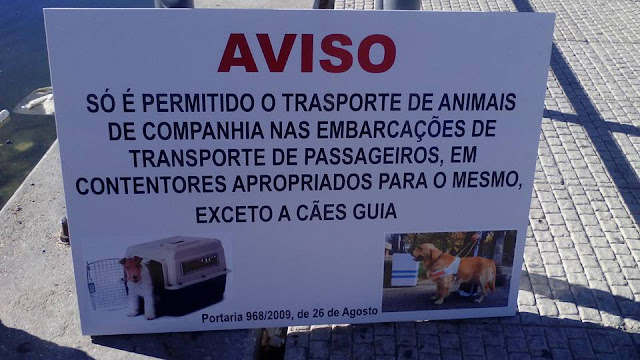 The Maritime Police covering the Ria Formosa area of the Algarve have been criticised by local blog Olhão Livre for enforcing certain laws, while ignoring others.
The Maritime Police covering the Ria Formosa area of the Algarve have been criticised by local blog Olhão Livre for enforcing certain laws, while ignoring others.
There currently is a ban on harvesting shellfish along the Algarve coast with shellfishermen confined to maintenance and passing the time of day.
The ban is from the Instituto Português do Mar e da Atmosfera (IPMA) and covers much of Portugal’s coastline. It prevents shellfish that might contain seasonal bio-toxins from being picked and sold to trade or to the public.
The ban between Faro and Vila Real de Santo António is being rigourously enforced by the Maritime Police but only against those that make their living from the shellfish trade. Unwitting holidaymakers are picking shellfish from banned areas and are able to do so under the noses of the police who are failing to warn of the physical dangers of consuming shellfish from these areas.
The ban concerns public health, but it only seems to apply to professionals.
Tourists and locals were saddened on Tuesday 12 July to find that a notice had been erected (see picture below) by the Maritime Police at the entrance to the ferry service from Olhão to the Ria Formosa islands.
The notice bans dogs from travelling on the island ferries unless the animal is a guide dog or confined to a carrying cage. The law quoted has been unenforced since inception in August 2009.
The Olhão Livre blog discusses 'the repressive apparatus of the State and legislation which restricts rights and freedoms.' It is valid to note the disruption to the normal flow of islanders travelling with their loyal pooches, tourists taking their dogs for a fun day out on the islands and Olhão townies going to the island for some R&R with hound included, all of which needlessly have been restricted for no stated purpose.
In addition to this pettiness, the Maritime Police seems confused as to its role, or worse, its role has been defined by those for whom the law is a useful tool in their path to self-enrichment.
The Maritime Police conspicuously has failed to oppose illegal building in the Public Maritime Domain. This is not the building of small dwellings years ago, this concerns, among other examples, the building of the large Del Mar Village luxury apartments in Fuseta and the vast villa owned by the US Secretary of State, John Kerry, at Fábrica.
The Maritime Police force is charged with identifying illegal development along the Algarve’s shoreline yet did nothing in these two obvious cases, nor in others where big business or important people were involved.
Prohibiting the normal transport of dogs on a domestic ferry service, where a muzzle and lead was all that previously was required, appears heavy-handed when missing the bigger picture of construction in prohibited areas proceeding unhindered and when people are placing their health at serious risk by consuming dodgy shellfish.
Olhão Livre highlights different interpretations of the same law and questions the impartiality those that are paid by the public purse to uphold it. Its author makes good points.
As for the dog travel restriction, this is unnecessary and stops people and family dogs enjoying themselves on the islands which, it must be remembered, are due for further clearance by the Environmental Agency’s henchmen at Polis when the summertime visitors conveniently have left.
Many pet owners are unable to leave dogs alone at home, rescue dogs seems particularly affected by even short periods of abandonment, and the practicality of transporting a dog in a heavy cage, more normally used for long distance transport by air or road, on a crowded ferry closes this option for the majority of dog owners.
Local animal charity ADAPO was quick off the mark and has met the Maritime Police to discuss options and see if there is some way forward that takes into account the interests of the animals, the owners of the ferries, the inhabitants of the islands and tourists. More news soon, we hope, as this ban represents a new height of silliness and seems deliberately disruptive for no good reason.


























Comments
15 metres from the ferry ticket office is a stinking raw sewage outlet straight into the Ria Formosa. This is punishable under many decree laws yet the maritime Police does nothing? This is what Ed means by 'picking and choosing' which laws to insist on.
"Dogs, not shit!" should be the new Olhao mantra.
As with the GNR, it's unclear who sets enforcement policy for the maritime police. Local political will seems to have nothing to do with it.
So much for our hard-won, so-called liberation.